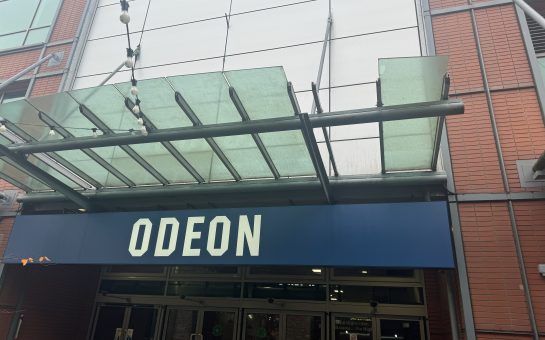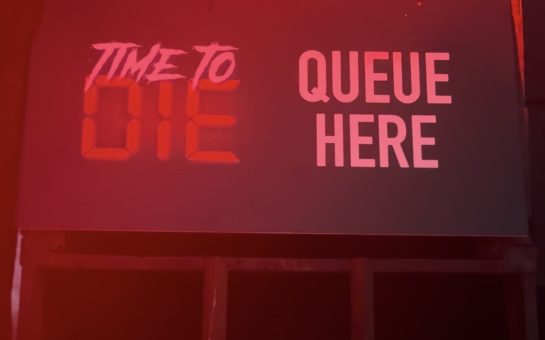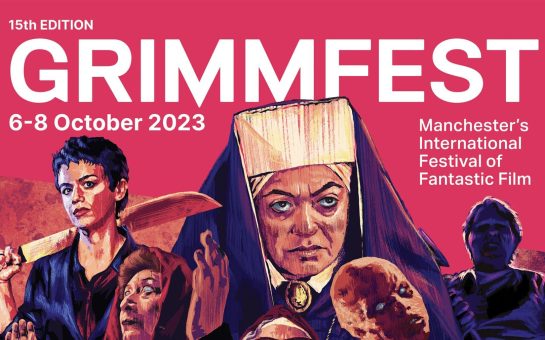A superb cast, a smooth soundtrack and sharp direction make for a winning blend in Edgar Wright’s first foray into psychological horror. ⭐⭐⭐⭐⭐
Minor spoilers follow:
The 47-year-old director boasts a set of films which delve into a range of genres, such as Shaun of the Dead‘s take on a zombie/rom-com mash-up and the comic book adaptation of Scott Pilgrim vs the World.
Despite this, he always crafts his films in such a way that they are recognisable as his. Many of these characteristics are present in Last Night in Soho, his first fully-fledged horror film.
The film centres on Eloise ‘Ellie’ Turner (Thomasin McKenzie), an aspiring fashion designer with an affinity for the 1960s.
After being accepted by the London School of Fashion, she moves to the capital and rents a room from Miss Collins (Diana Rigg, in her final film role before her death).
Ellie visits the Sixties during the night, in particular an aspiring singer named Sandy (Anya Taylor-Joy) and her encounters with a man named Jack (Matt Smith).
The ghosts of past events soon begin to haunt her in the present, and she must solve the mystery of what happened before it is too late.
The characters are well-cast; McKenzie is relatable as central figure Ellie – a young student who struggles with the transition to a big city. She is dealing with the loss of her mother to suicide when she was young and sees her regularly.
The New Zealander is well matched with Taylor-Joy, who plays a role the opposite of her character in Split and is a captivating presence against the backdrop of the Sixties.
The supporting players are fleshed out well. Matt Smith is clearly enjoying his villainous turn as Jack, and Diana Rigg plays a pivotal role. Special mention must go to Terence Stamp, who commands the screen when he appears as the ‘Silver-haired Gentleman’.
As with every Wright film, the soundtrack is curated with a purpose. Arguably his most famous scene is backed by Queen’s ‘Don’t Stop Me Now‘ in Shaun of the Dead, and the action sequences of Baby Driver were timed to the beat of each song. Last Night in Soho makes full use of the sixties, with selections from Dusty Springfield, Sandie Shaw and The Kinks among others.
The title of the film comes from the 1968 song of the same name by Dave Dee, Dozy, Beaky, Mick & Tich, which plays over the credits.
The direction is unmistakeably Wright’s work – his dynamic movement, with a clear admiration of the decade, make for a deft exploration of the story and the setting.
One scene, backed by ‘Land of 1000 Dances‘ by The Walker Brothers, is a brilliantly claustrophobic sequence.
The opening, in which Ellie dances to Peter & Gordon’s ‘A World Without Love‘, is much lighter yet serves as a great introduction to her as a person.
The sixties are brought to life with bright colours and vivid imagery – the first thing Ellie sees when she is transported there is a large poster for the James Bond film “Thunderball“.
Mental health is a running theme throughout the film, with both the main character and her mother suffering from an unspecified illness.
Wright’s script – co-written with Krysty Wilson-Cairns – touches on the impact that this can have on someone, without ever going into specifics. This works in the context of the film but may leave some with first-hand experience in the area feeling short-charged.
Overall, this is a worthy addition to Wright’s filmography – a slick, entertaining jaunt into the 1960s and back, with great performances and a director in full control of his craft.



